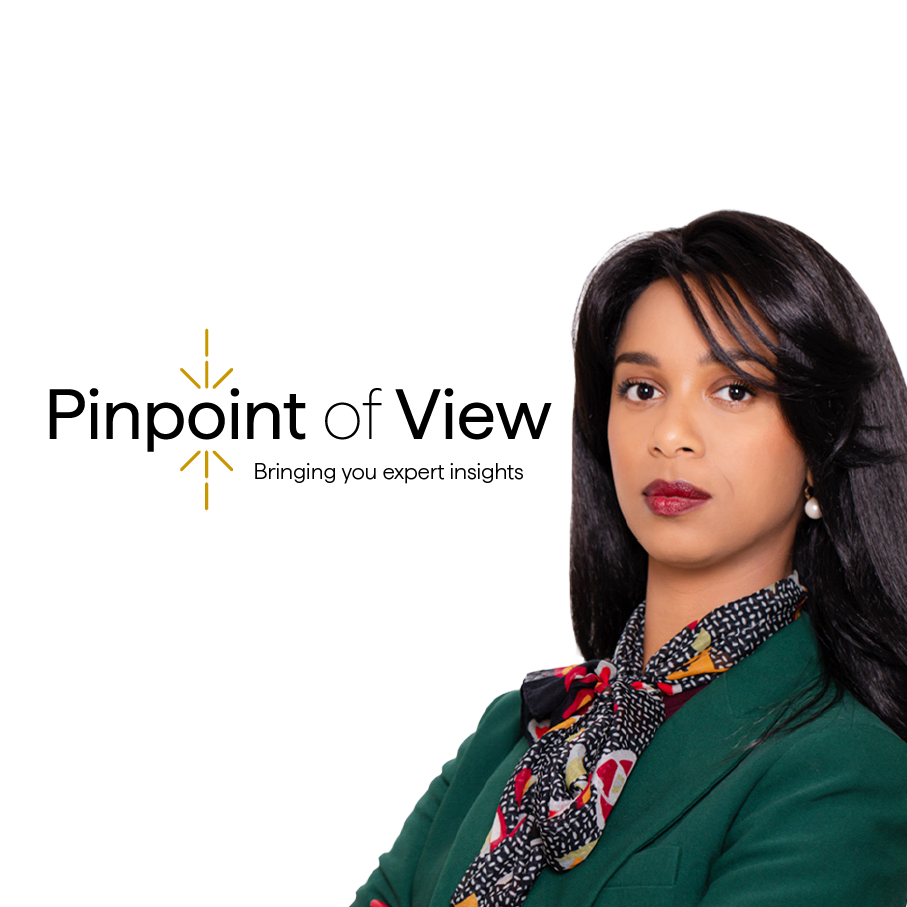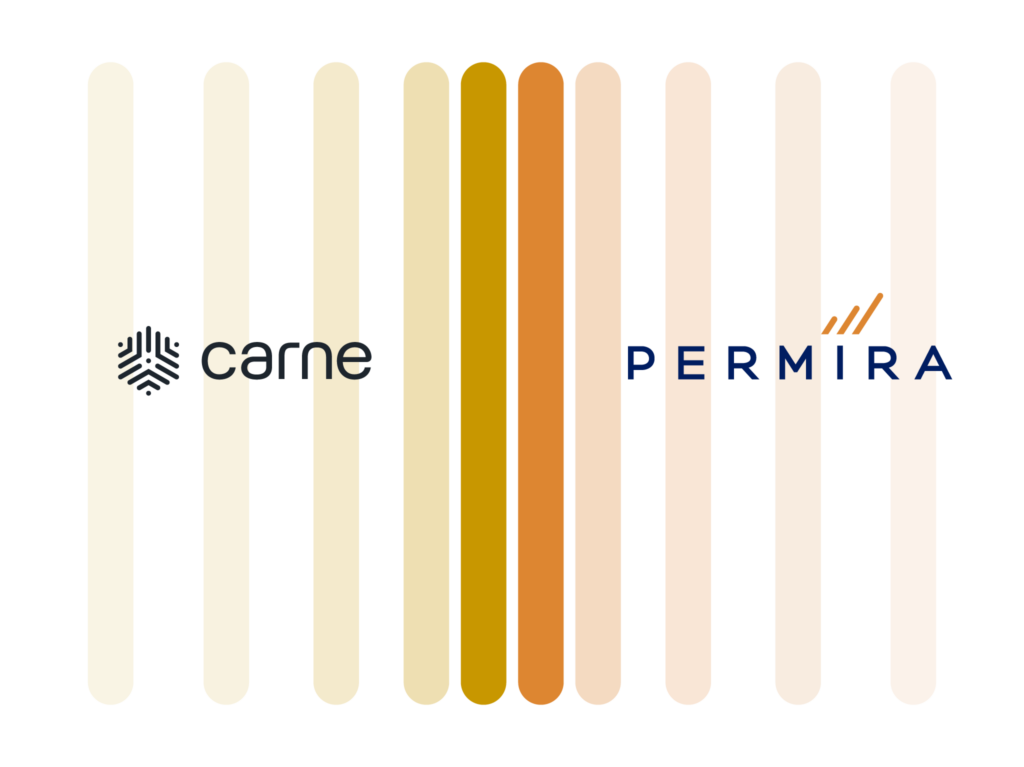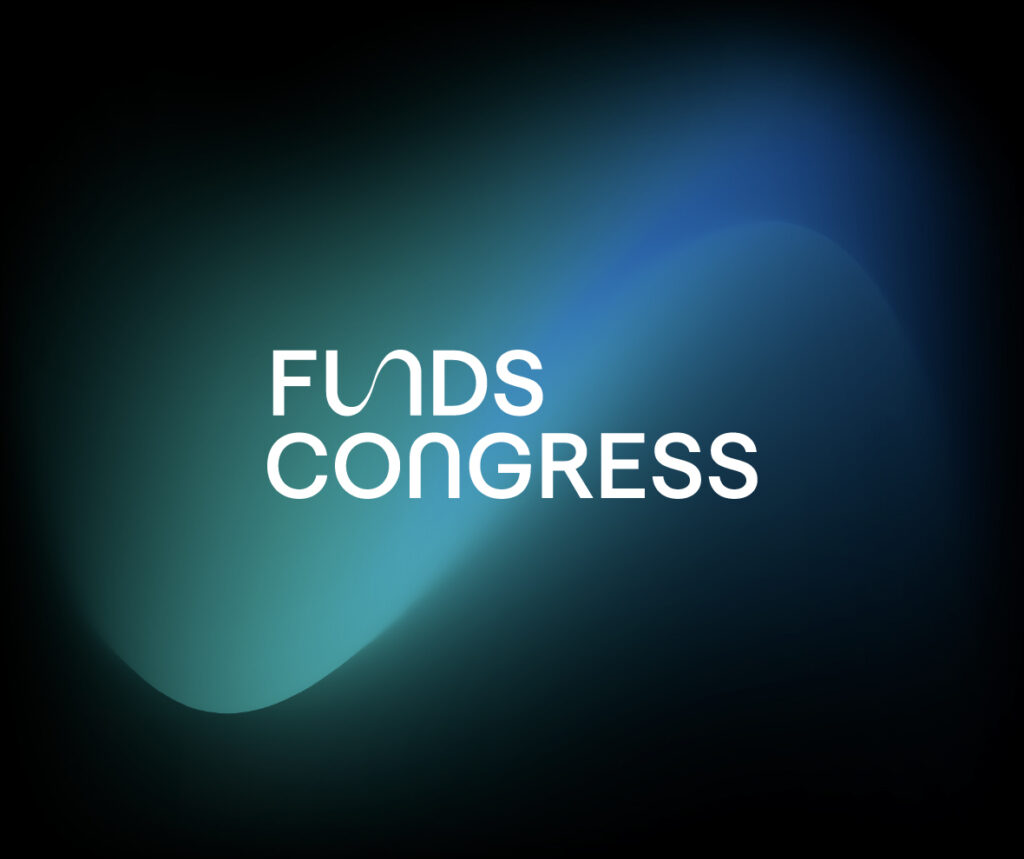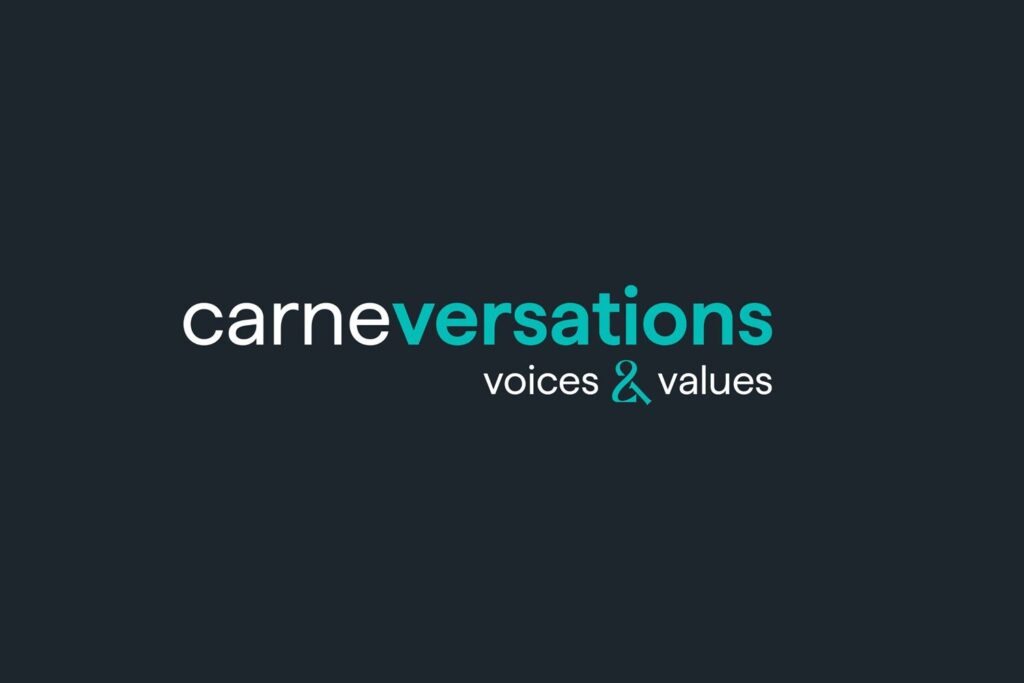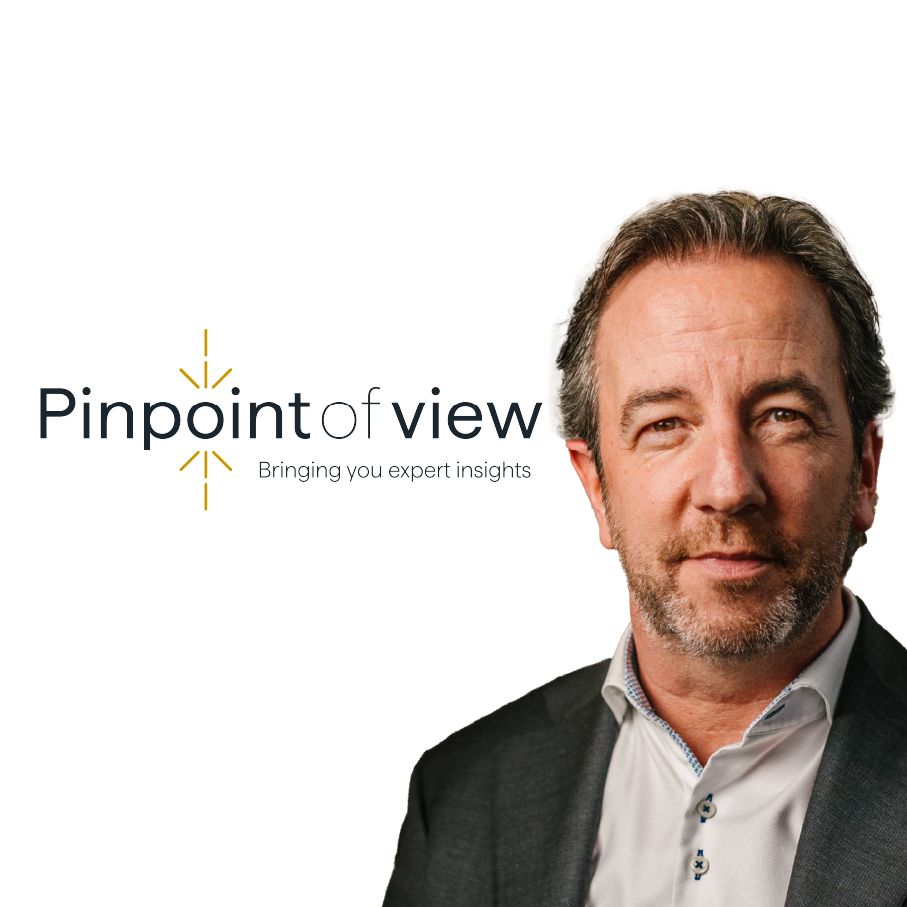The Rise of Know Your Asset (KYA) – Robin Cotterill, Head of Governance and Compliance
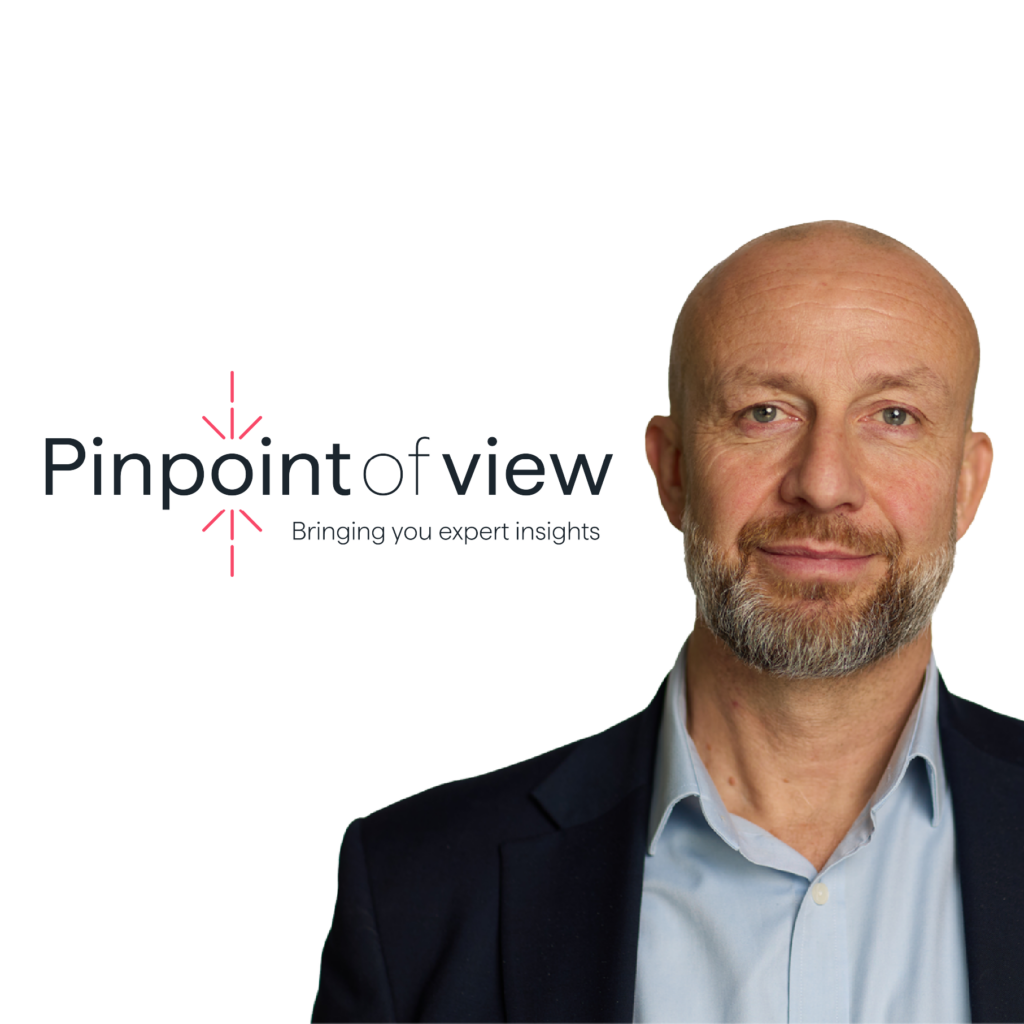
Carne’s latest report series, Straight to the Point, takes a deep dive into challenges and opportunities within private debt, private equity, infrastructure and real estate. The rise in allocations to private assets has had numerus knock on effects, not least, the rising importance of having robust Know Your Asset (KYA) processes in place.
The convergence of more private markets growth, alongside the democratisation of private assets and more a complex sanctioning environment has led to regulators becoming increasingly active in this area.
Knowing exactly who is on the other side of your private asset transaction has never been more important.
Straight to the Point: The Rise of Know Your Asset (KYA) marks the first in Carne’s private markets pinpoint editions. Carne approached 100 private markets managers overseeing over $900bn in AUM to get their take on KYA pain points, and the outcomes they prioritise from a robust KYA framework.
Here we take the opportunity to explore the importance of KYA as a regulatory requirement, and provide a summary of our research findings.
The Rise of Know Your Asset (KYA)
Robin Cotterill, Head of Governance and Compliance
What is KYA?
Know Your Asset (or KYA, as it’s known), is a similar process to knowing your customer (KYC) but with some crucial differences. KYC is a familiar industry requirement; by now, all will be well versed in what it means and what you have to do to satisfy the obligations. KYA, although not new, is comparatively in its infancy, coming to the fore over the past five years and positively correlating with the increase in allocations to private assets.
KYA, in essence, is the process of doing due diligence on the asset, as opposed to the customer. It is the process of looking into the asset structure, the asset ownership, identifying the legal structure of the asset, the layers of that ownership, and all of the related parties involved in the transaction. KYA involves building out the risk profile of the asset in the same way you build a risk profile of a customer, however, it is centred around making sure you understand who is on the other side of the transaction.
Why is KYA so important?
Simply put, knowing your assets has never been more complex. The structural shift within the market towards private asset allocations means there are now more private markets investments, more deals, an increase in non-institutional investors, and they are investing through a variety of structures. All of these factors can be viewed through a lens of added complexity and cost efficiency pressures which managers are grappling with. When you overlay a rapidly evolving geopolitical landscape with the eruption of conflict zones bringing about an increase in the number of sanctioned entities and individuals, it is clear that these factors combined highlight a critical need for transparency that KYA offers.
KYA and AML across private markets: A compliance crossroads
Now for a look into our research findings. Carne spoke to 100 private markets managers on KYA pain points, and the outcomes they prioritise from a robust KYA framework.
As regulatory scrutiny intensifies, Know Your Asset (KYA) and Anti-Money Laundering (AML) compliance have become critical across private markets. From private debt to real estate, fund managers are grappling with outdated manual processes, rising complexity, and the urgent need for transformation.
KYA does not exist in a vacuum; it is a key part of the overall deal due diligence. Where there is ever present commercial pressure to execute transactions at pace, having outdated, manual KYA processes slow you down is not an option.
Manual processes: A common pain point
Across all four sectors, the reliance on manual KYA and AML processes is widespread — and increasingly unsustainable. These approaches:
- Drain resources
- Introduce inefficiencies
- Heighten risk exposure
Managers across the board are asking: What percentage of our compliance model is manual vs. technology-driven?
Outsourcing gains momentum
Outsourcing KYA and AML operations is gaining traction, though adoption is significantly lower and varies by sector:
| Asset Class | Considering Outsourcing |
| Private Debt | 80% |
| Infrastructure | 67% |
| Private Equity | 68% |
| Real Estate | 76% |
This shift reflects a growing appetite for scalable, tech-enabled solutions that reduce risk and boost efficiency. These solutions come with a cost so outsourcing to a provider which has already made that investment can generate significant benefits.
KYA priorities
Despite sector differences, managers consistently prioritise three core outcomes:
- Effectiveness
- Efficiency
- Transparency
These priorities reflect a shared desire to go beyond compliance — toward smarter, faster, and more transparent operations.
The road ahead
KYA and AML are no longer back-office concerns — they’re strategic imperatives. As regulatory complexity grows, managers must evolve their operating models, embrace technology, and consider outsourcing to stay ahead.
The message is clear: compliance isn’t just about avoiding penalties — it’s about enabling trust, efficiency, and growth.
If you would like to know more about the report — or how Carne can support your organisation in navigating KYA successfully, please get in touch on contact@carnegroup.com.
You can also download the latest private markets report to learn more.

